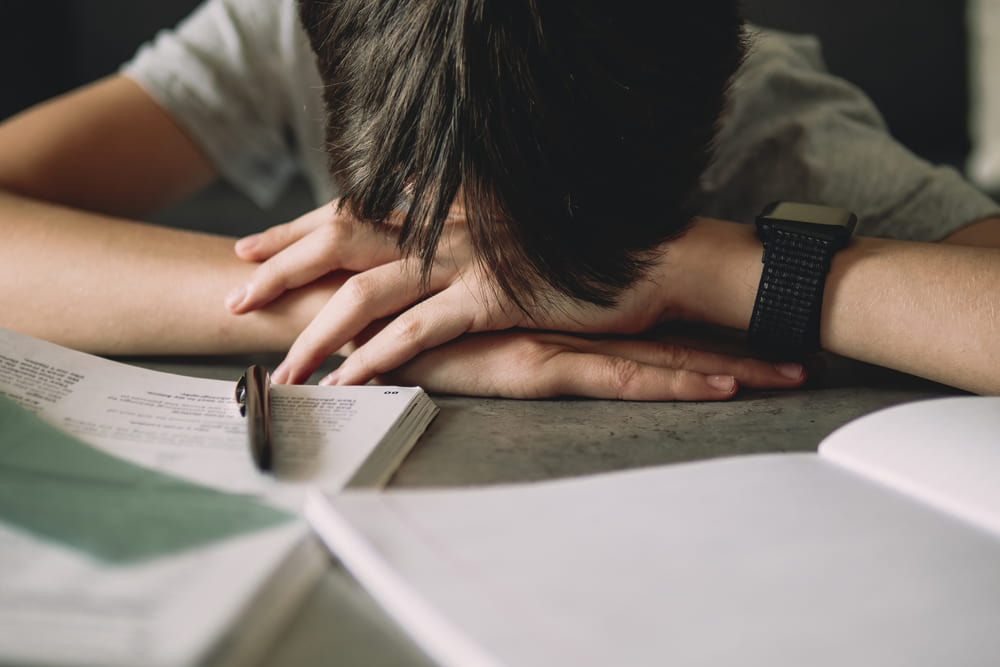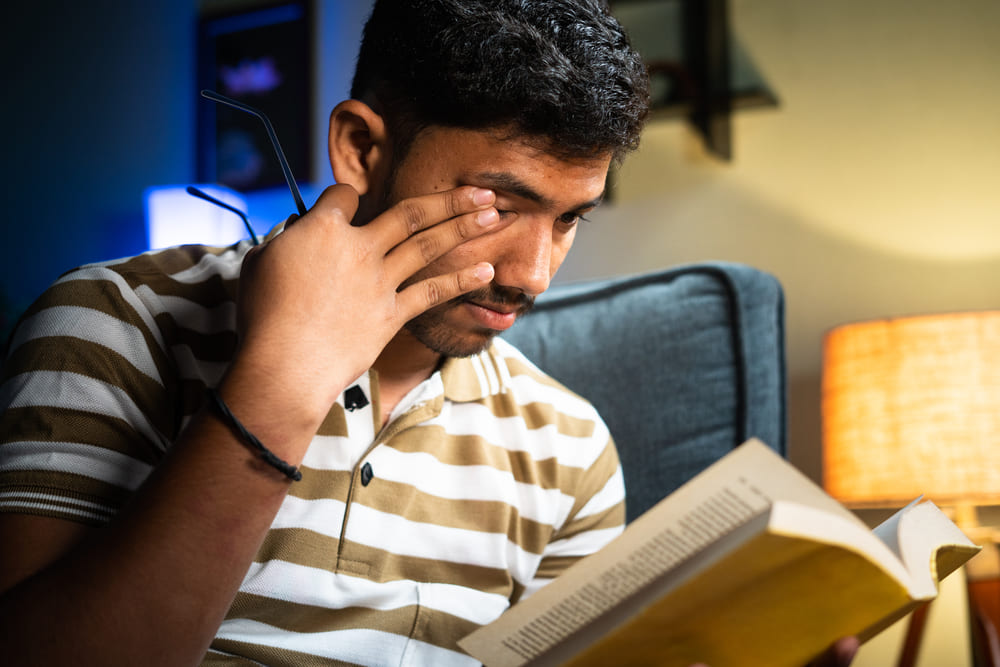Have you ever struggled with reading or speech? Or wondered if you might be afflicted by a learning disorder such as dyslexia? This article will discuss recognizing early dyslexia symptoms and why seeking professional help sooner results in a more significant improvement opportunity.

What is Dyslexia?
Dyslexia is a learning disability that has affected millions of people worldwide. It causes the individual to have difficulty identifying speech sounds and understanding how they relate to letters and words.
A common stereotype and misunderstanding around dyslexia are that it correlates to someone’s intelligence. Thus, leading to accusations of the person being “dumb” or “unintelligent.” However, this is far from the truth, and those with dyslexia can succeed in school through specialized programs and emotional support.
How does it affect everyday life?
Dyslexia can affect organizational skills, communication, concentration, and memory, among other things. This can have a significant impact on everyday life. It could come from struggling to read instructions for a new appliance, inability to concentrate during classes, or forgetting about a planned event.
How to identify dyslexia?
Unfortunately, the symptoms of dyslexia are often overlooked, and some individuals will not realize they have the disability until adulthood. It is crucial to watch out for the different signs indicating an individual might have the disorder. Some of the common ways to identify dyslexia are from issues present in reading, writing, and speaking.

What are the symptoms of Dyslexia?
As previously stated, the common symptoms of dyslexia are related to one’s ability to read, write, and speak. However, these symptoms may differ based on the severity of the disorder or the age of the individual in question.
What are the early signs and symptoms of dyslexia?
If understood, dyslexia symptoms in children can be identified from very young ages and caught early on. Here are some of the early signs and symptoms of dyslexia:
- Late to begin talking.
- Difficulty with learning new words.
- Difficulties with remembering the names of letters, colours, or numbers.
- Mixing up words or saying them backwards.
What are some common dyslexia symptoms in children?
Once beginning school, it will be easier to identify dyslexia symptoms in children struggling with regular school activities. Some typical dyslexia symptoms may be:
- Difficulty with spelling and avoidance of the activity.
- Issues with memorization or finding the right words to use in responses.
- Below-average reading abilities.
- Difficulties with summarizing stories or completing word problems.
If you identify any of these symptoms in your child or students, it is prudent to seek a professional’s opinion and get tested for the disorder.
What are the symptoms of dyslexia in adults?
The symptoms of dyslexia in adults are similar to what would be identified in a child. This includes:
- Difficulty with reading, particularly aloud.
- Issues with spelling and writing.
- Mispronouncing words.
- Difficulty with learning a new language or summarizing details.
Dyslexia is uncurable, and without proper treatment, it will continue to be an issue through adulthood. However, treatment can begin at any age in life to properly manage the disorder and reduce the symptoms of dyslexia.
What are some other types of Dyslexia?
- Phonological: This is arguably the most common form of dyslexia and refers to an individual’s difficulty with sounding out words and spelling.
- Rapid Naming: This form of dyslexia is related to an individual’s processing ability. The typical dyslexia symptoms include: using gestures instead of words, making up words under pressure, and difficulty finding the right word for answers.
- Surface: Surface dyslexia describes an individual that may struggle to recognize words by sight. A typical symptom is an inability to read words by sight, particularly words that do not sound how they are spelled.
- Visual: This is a vision-based form of dyslexia and refers to individuals who may have difficulty remembering what was seen on a page. A typical symptom is a text appearing double or blurred vision when reading.
- Mathematical: Mathematical dyslexia describes an individual who struggles to understand numbers and mathematics.

How to deal with Dyslexia and its symptoms?
Why is it important to figure out the early signs and symptoms of dyslexia?
Dyslexia is an incurable disorder. Left untreated, it can impact one’s life negatively and result in long-lasting social, educational, and economic problems. However, children with access to additional support from a younger age will be able to improve their reading and speaking skills to succeed in higher education.
What to do if you experience the symptoms of dyslexia?
If you experience symptoms of dyslexia, it is best to seek a professional opinion and spend time learning about the disorder. A doctor can administer a test that will help determine if you are dyslexic and, if so, the type that is present.
Why should you contact a psychotherapist?
Therapists are experts at helping people to navigate the difficulties of invisible illnesses and challenges. If you are feeling anxiety or depression due to the disorder, a therapist can help you cope with these struggles and lead a healthier life.
How can a psychotherapist help to treat dyslexia and reduce the negative impact of dyslexia symptoms on everyday life?
A psychotherapist will not perform treatments that will directly help with dyslexia. Instead, they are there to help guide you through the emotional repercussion of having the disorder. Individuals suffering from dyslexia may face depressive feelings, high anxiety, and self-esteem issues.
A psychotherapist can provide you with the tools and mindset to cope with these challenges and become stronger as an individual. Therefore, if you are experiencing symptoms of dyslexia or suffering from mental illnesses, it is valuable to seek the help that therapy can provide.



